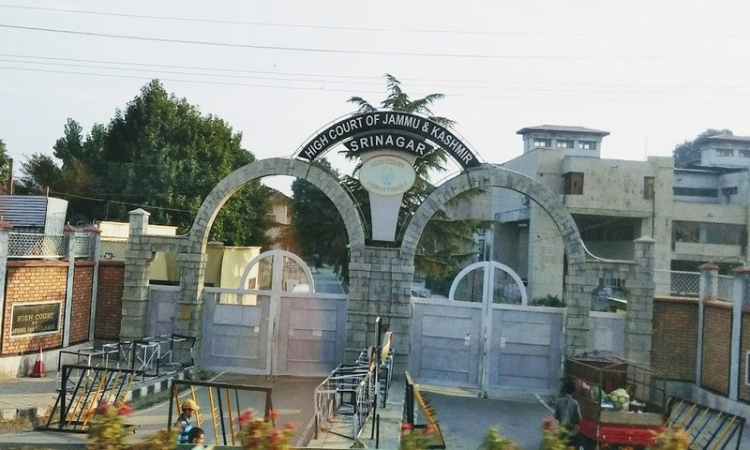Order 6 Rule 4 CPC Cannot Be Invoked To Effect An Amendment In Written Statement: J&K&L High Court
Basit Amin Makhdoomi
28 July 2022 10:15 AM IST

Next Story
28 July 2022 10:15 AM IST
The Jammu & Kashmir & Ladakh High Court recently ruled that an application filed under the provisions of Order VI Rule 4 of Civil Procedure Code has to be specific in exemplifying the details about allegations of misrepresentation, fraud or wilful default and this provision cannot be enlarged to effect an amendment to the written statement. A bench comprising Justice...
